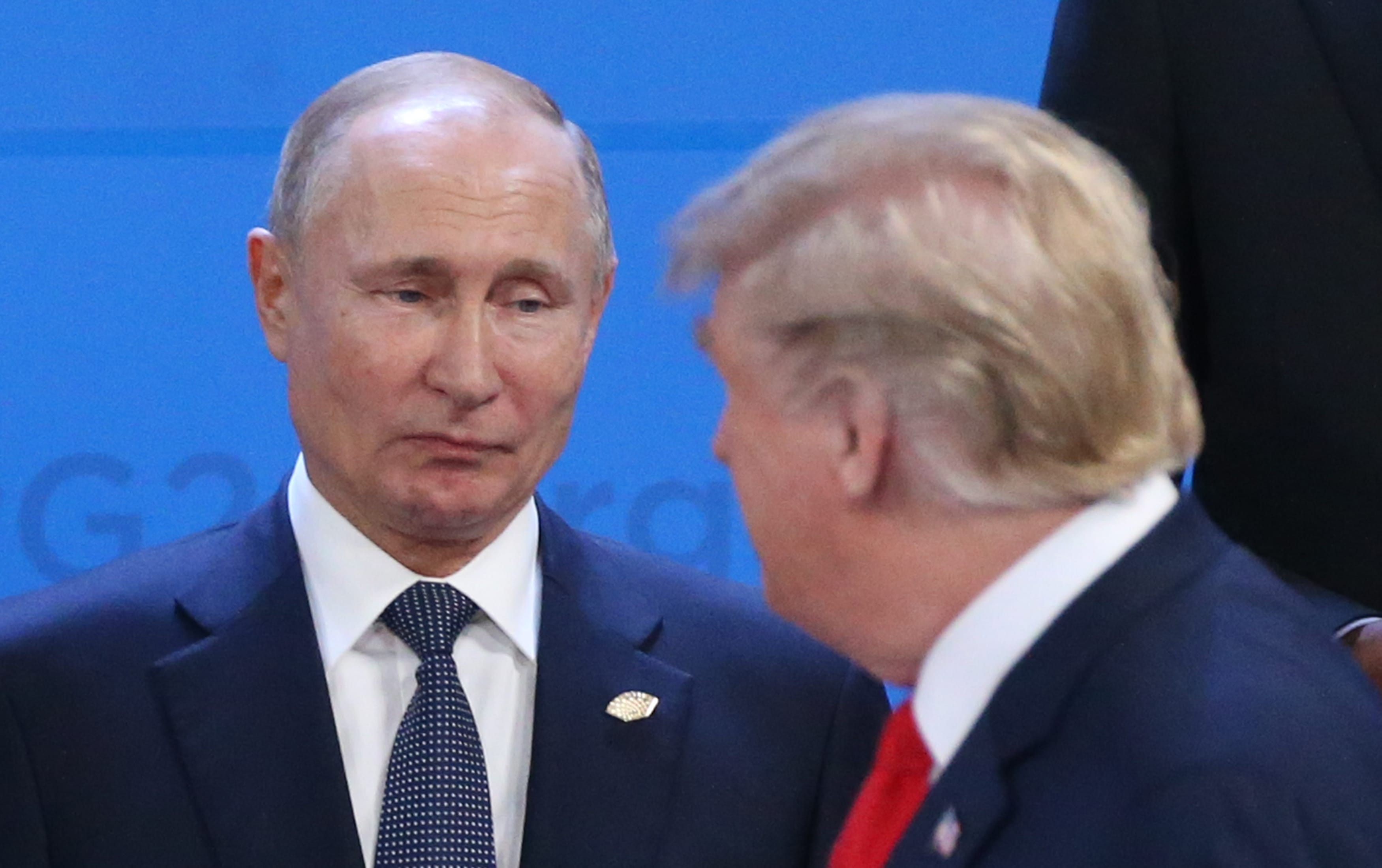Detailed exit polling will eventually show why Republicans with Donald Trump on the top of the ballot were triumphant in the US election.
The issue which played most strongly for many Americans was inflation.
The supply-side price shocks of Covid-19, Russia’s war on Ukraine and the misleadingly titled, green-tinged Inflation Reduction Act played big with the electorate.

This was the message I heard and experienced last week in Texas when visiting family.
There has been much relief on both sides of the Atlantic that the headline inflation dragon has been slain and consumer prices are on – or heading back to – target.
What is forgotten is that higher prices for goods and services are entrenched and rarely fall. There are significant lags in the time it takes for real incomes to catch up.
Even though the Biden White House can claim success for growth, which hit 2.7 per cent in the third quarter, there was little cut-through for the Democrats.
As in Britain, the incumbent party paid the price. Big-spending Bidenomics has been much admired by our Chancellor, but didn’t offer political ballast.
Equities are enjoying the result. Presenters on the CNBC financial network (background noise in my office) may have been dismayed, but they sit in New York’s Times Square, far from Middle America.
The series of professional Wall Street voices had their own take. The outcome would be good for the banks, big tech and mergers and acquisitions, because government intervention would be lighter.

Cryptocurrencies may be awarded the long-desired regulatory imprimatur that makes for a more respectable asset class.
As a longstanding crypto-sceptic, I understand why investors want the comfort of knowing big brother is watching.
As we have learnt in Britain, there is a vast gap between what is said on the campaign trail and in manifestos, and what happens in office.
Labour’s promise to be business-friendly became ‘tax and spend’ in last week’s Autumn Budget.
Sections of commerce including the High Street, hospitality and farming are in deep shock.
Trumponomics has two abiding themes. Globalisation has gone too far and tariffs (we won’t mention Smoot-Hawley and the Great Depression) will make Americans more self-sufficient and prosperous. Lower taxes on strivers and firms will boost investment, productivity and growth.
The potential for trade wars looks most troubling.
On the campaign trail, Trump proposed a 60 per cent additional tariff on Chinese imports and 10 per cent to 20 per cent on everyone else, including, one supposes, the UK.
Domestically tariffs may not play that well on Capitol Hill, even in Republican hands, and are likely to become a bargaining chip. They are in effect a tax on wholesale products and goods in shops. So the tariff has to be swallowed or passed on in higher prices.
The London-based National Institute of Economic and Social Research reckons tariffs could raise UK inflation by two to three percentage points over two years, dampen global growth by 0.4 of a percentage point in 2025 and lead to higher interest rates.
It is possible that the UK, outside the EU, could sidestep the worst of it. It is hard to know how deep a grudge the president-elect may harbour over unhelpful comments made by Labour politicians.
Another worry overseas is what Trump means for bond markets.
Analysis of his pledges to maintain welfare and Medicare benefits and retain the cut in corporation tax cut from 28 per cent to 21 per cent would add £5.8trillion to the national debt between 2026 and 2033.
There are signs that the ‘bond vigilantes’ are ready for combat, and the yield – or borrowing costs – on US ten-year bonds jumped by from 4.1 per cent to 4.5 per cent as the election outcome emerged.
America’s economy is more immune to fiscal crisis than most due to size and extraordinary privilege of the dollar as a reserve currency.
But there is no escaping that federal debt, which averaged 48.3 per cent of national output in the half-century to 2023, is now 106 per cent of national output and could reach 122 per cent over the next decade.
Persuading the world to hold ever more dollar-denominated bonds may be the next US Treasury secretary’s big challenge.
DIY INVESTING PLATFORMS
Affiliate links: If you take out a product This is Money may earn a commission. These deals are chosen by our editorial team, as we think they are worth highlighting. This does not affect our editorial independence.
Compare the best investing account for you












